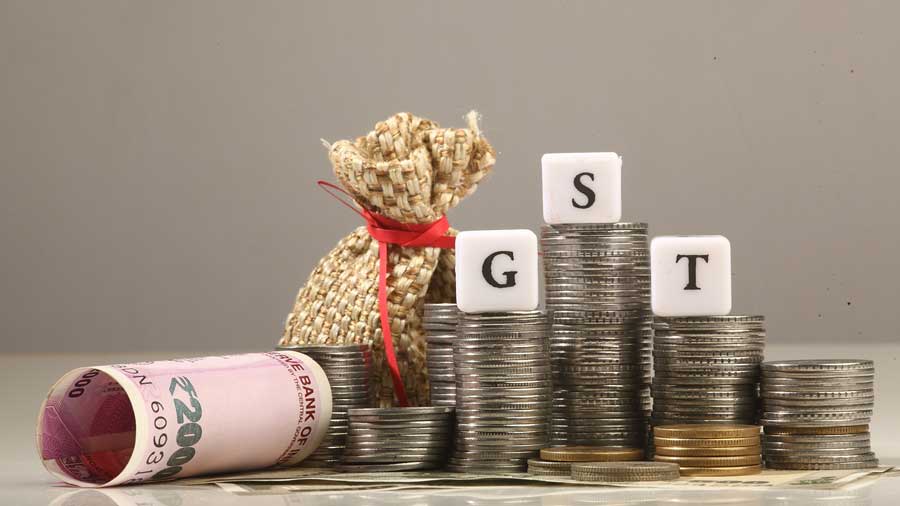Ahead of the GST council meeting next week, the government has notified the extension of the Goods and Services Tax compensation cess levied in the 28 per cent slab for about four years till March 2026.
The cess collection, which was to expire at the end of June, has been extended to help pay for the liquidity support given to states during the Covid period when cess collection was not sufficient to compensate states for their GST revenue losses.
The period of GST cess levy and collection shall be up to March 31, 2026, according to GST (period of levy and collection of cess) Rules, 2022, notified by the revenue department.
The extension of cess is based on the recommendation of the GST Council last September. In order to meet the resource gap of states because of the short release of compensation, the Centre has borrowed and released Rs 1.1 lakh crore in 2020-21 and Rs 1.59 lakh crore in 2021-22 as back-to-back loans to meet a part of the shortfall in cess collection.
The Centre has repaid Rs 7,500 crore as interest cost for the borrowing in 2021-22 and Rs 14,000 crore is to be paid this fiscal year. From 2023-24, the repayment of the principal amount will start, which will continue till March 2026.
“The extension of the levy of compensation cess, although expected, will continue to impose a burden on the impacted businesses, especially sectors such as automotive, which need to be encouraged as it is one of the sectors that has a multiplier effect on GDP and on employment too,” M.S. Mani, partner, Deloitte India, said.
AMRG & Associates senior partner Rajat Mohan said with the extension of the levy of compensation cess, products such as tobacco, cigarettes, aerated waters, high-end motorcycles, aircraft, yacht and motor vehicles would continue to be loaded with higher tax rates.
The Council meeting in Chandigarh is expected to witness a hot debate on compensation to the states as the revenue buoyancy has been lower than expected and the Opposition ruled states such as Bengal, Kerala, and Chhattisgarh have written letters demanding the extension of the compensation.
Abhishek Jain, partner — indirect tax, KPMG, in India said, “The issue of whether the states would be compensated beyond five years or not may finally get decided in the upcoming GST Council meeting.” Goods and Services Tax (GST) was introduced in the country from July 1, 2017, and states were assured of compensation for the loss of any revenue arising on account of the implementation of GST for a period of five years.
Though states’ protected revenue has been growing at a 14 per cent compounded growth rate, the cess collection did not increase in the same proportion. Covid-19 further increased the gap between protected revenue and the actual revenue receipt, including a reduction in cess collection.












